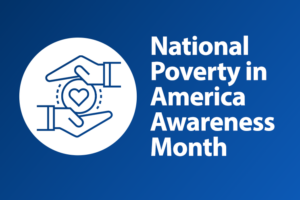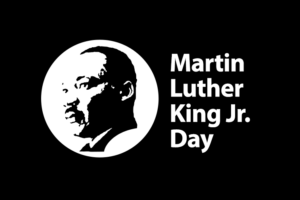Sarah Ford | February 11, 2015
Get to ‘better’. How using data drives success in corporate citizenship.
Through corporate citizenship, we can improve our companies—and our world. But how do others know what we are doing?
We can create a healthier planet through more sustainable operations and green innovations. We can foster a society that welcomes the contributions of all of its members and works to ensure the health and safety of its communities. We can drive financial performance. How do we know we’re getting to “better”? We set goals and report on progress towards them.
In order to achieve big goals, we need teams of people who understand the objectives and what their parts are in the plan to reach them. After creating the vision for our desired future state comes the hard work of mapping out the time-bound playbook to achieve it. Everyone must understand their parts and deadlines. Creating a vivid image of success is critical to keeping the team focused on the jobs to be done.
Recent research shows that data are crucial to successful corporate citizenship programs. In the 2014 State of Corporate Citizenship report, conducted by the Boston College Center for Corporate Citizenship, findings from earlier studies are reinforced. Findings point to three crucial elements for corporate citizenship programs that create more business and social value—selection, integration, and duration. Each of these are best achieved if informed by data.
Get Resources and Insights Straight To Your Inbox
Explore More Articles
Open Position: Customer Service Coordinator (Remote-Part Time)
Position Title: Customer Service Coordinator (Remote – Part Time) Department: Charitable Funds Management Solutions We are a non-profit charitable organization looking for skilled individuals who…
Read ArticleGet Resources and Insights Straight To Your Inbox
Receive our monthly/bi-monthly newsletter filled with information about causes, nonprofit impact, and topics important for corporate social responsibility and employee engagement professionals, including disaster response, workplace giving, matching gifts, employee assistance funds, volunteering, scholarship award program management, grantmaking, and other philanthropic initiatives.




